
Investigators examined medical records spanning 3 decades to look at the effect of poorly differentiated tumor size on outcomes in survival in hepatocellular carcinoma (HCC).

Investigators examined medical records spanning 3 decades to look at the effect of poorly differentiated tumor size on outcomes in survival in hepatocellular carcinoma (HCC).
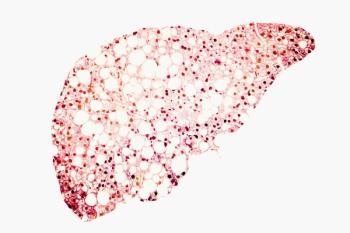
This new study from investigators at Tel Aviv University looked at predictors of nonalcoholic fatty liver disease (NAFLD) among children and adolescents considered obese, because its predictors are not well known in this group.

Hepatocellular carcinoma (HCC) is challenging to diagnose and has an evolving treatment landscape, which makes a multidisciplinary approach to care important to ensure high-quality care and the best patient outcomes.

Research shows how socioeconomic status can affect prognosis among patients with hepatocellular carcinoma (HCC).

Results of a score-matched analysis showed individuals with hepatocellular cancer reported poor mental health as time progressed after diagnosis.
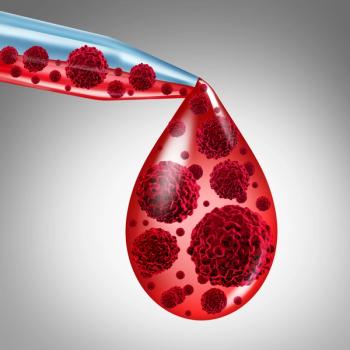
Researchers said the blood test offers an earlier warning of hepatocellular carcinoma than current methods.

Sifting through large quantities of data using artificial intelligence (AI) could one day change how nonalcoholic fatty liver disease (NAFLD) is diagnosed, managed, and treated, according to a recent review.

Early responders to the World Trade Center after the 9/11 attacks are associated with a higher likelihood of liver disease, according to a long-term follow-up of responders.

Using a systems biology approach, the researchers discovered 64 genes shared between non-alcoholic fatty liver disease (NAFLD) and hypertension, considered to be core genes for the 2 conditions.

Multidisciplinary care is an ideal way to management non-alcoholic fatty liver disease (NAFLD) because it is a complex disease associated with numerous comorbidities and necessitating lifestyle changes.

Patients with concurrent fatty liver disease and chronic hepatitis B exhibited higher cumulative rates of hepatitis B surface antigen seroclearance and lower cumulative rates of cirrhosis and hepatocellular carcinoma (HCC) across a 10-year period.
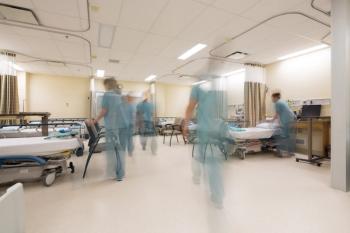
Patient-reported outcome measures may have a small impact on predicting which patients with cirrhosis will be readmitted to the hospital.
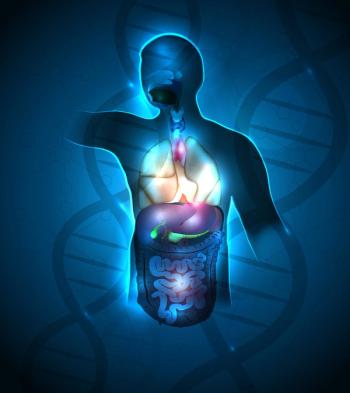
One diagnosis challenge is that there is no specific biomarker, either for autoimmune hepatitis (AIH) or metabolic-associated fatty liver disease (MAFLD), either alone or if they exist concurrently.
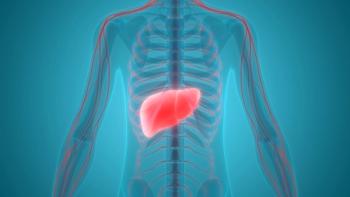
A new report is issuing a call to action to develop a global strategy to address the growing issue of nonalcoholic fatty liver disease (NAFLD) and nonalcoholic steatohepatitis (NASH).
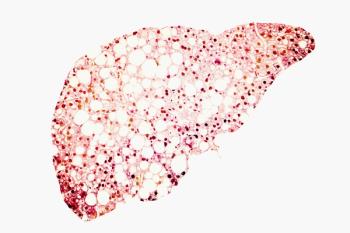
The gold standard for diagnosing liver disease is a liver biopsy, but researchers are seeking a simpler way to identify those at risk, given the silent nature of early disease and rising incidence around the globe.

The current available studies on nutritional supplementation in nonalcoholic fatty liver disease (NALFD) highlight the need for more high-quality randomized controlled trials.

A survey of global physicians found a gap in knowledge of non-alcoholic fatty liver disease (NAFLD) despite the growing burden of the disease worldwide.
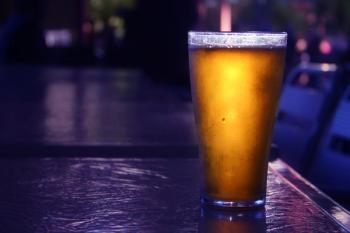
The problem of alcoholic liver disease is growing in the United States, and obtaining treatment is difficult.

Coffee contains hundreds of chemical compounds and comes in several forms, and according to a recent study, has a protective effect on the liver, no matter what the type.

A long-term Swedish study found that nonalcoholic fatty liver disease (NALFD) significantly increased mortality in children and young adults, particularly due to cancer, cardiometabolic disease, and liver disease.
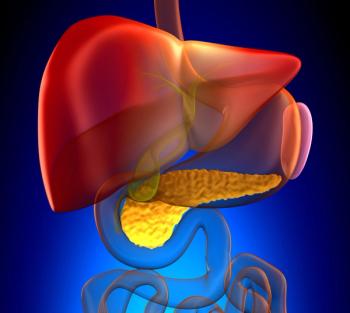
Manipulating the expression of MAGEA3 can help block the growth of hepatocellular carcinoma.

As awareness of nonalcoholic fatty liver disease (NAFLD) rises, it is essential to develop and implement a rigorously determined approach to identify patients who will, or will not, benefit from diagnostic evaluation.

Deploying vibration-controlled transient elastography/controlled attenuation parameter devices at the population level is a financially advantageous solution to address the epidemic of fatty liver disease.

The lack of FDA approvals for the treatment of nonalcoholic steatohepatitis (NASH) and safety concerns surrounding 2 recommended treatments contribute to the barriers blocking effective progress, said Karen Watkins, PharmD, pharmacist for emerging therapeutics strategy, MedImpact Healthcare Systems.
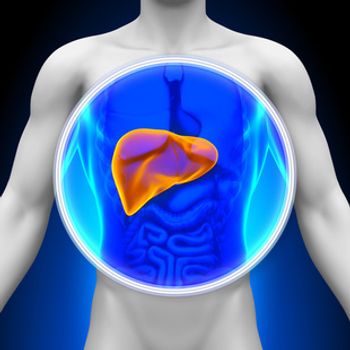
Results were presented recently at the 79th Scientific Sessions of the American Diabetes Association.

259 Prospect Plains Rd, Bldg H
Cranbury, NJ 08512
© 2025 MJH Life Sciences®
All rights reserved.
